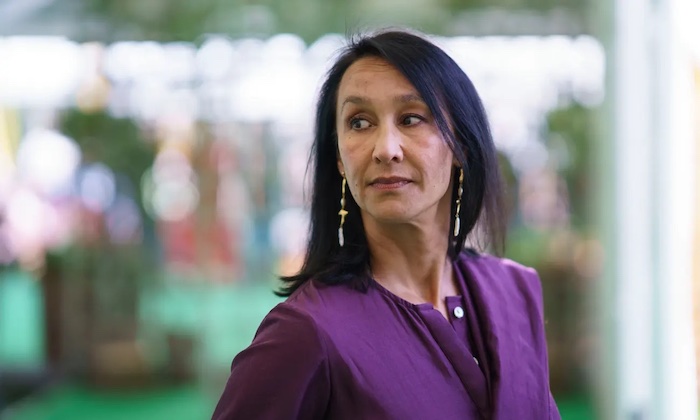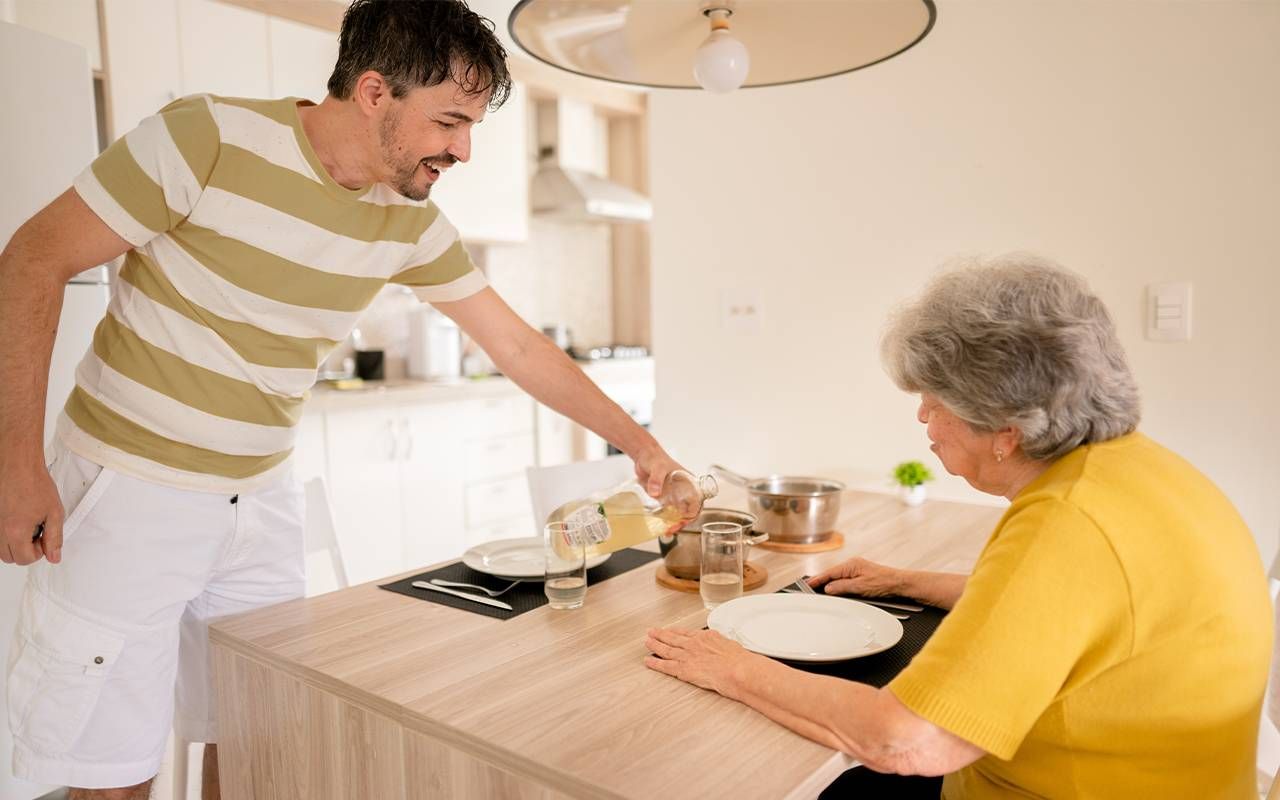
By Faryal Michaud, DO
Today I wanted to talk about a concept that is very near and dear to my heart: Holding space.
Have you ever heard of it? Do you know how to describe it?
I will first start with the definition and then give you an example.
Holding space means being physically, mentally, and emotionally present for someone. It means putting your focus on someone to support them as they feel their feelings. An important aspect of holding space is managing judgment while you are present.
Like when you tell a patient that they have stage IV pancreatic cancer and that it is nonsurgical and even with the best treatments, their time is very short. Then you hold space.
You say nothing. You sit there and provide support by sitting there-next to their emotions. You don’t run to offer false hope. You don’t run to talk about 5 percent of the patients that respond to the newest therapy. You don’t try to look at the bright side. Change the subject. Or worse, run out the room.
You hold space. Sometimes, you sit for 2 minutes. Sometimes 10 minutes. While saying nothing. It feels like an impossibly long time, but I wish I could tell you how you are bearing the weight of that news by just sitting there. Holding space.
It is a remarkable skill to learn. As a palliative doctor, it is my skill set to sit there with your suffering. I may not know what you are thinking about, or what you are going through, but I am willing to sit there and be next to you as you figure it out.
Telling a patient that they have a terminal disease is a little like telling someone, “Our plane is about to crash.” Except somehow, you are going to be saved, and they are not. Holding space is you staying with them as they approach this free fall. As bad as it is to bear witness, remember, you are leaving this experience alive.
A very dear chaplain who was from Germany explained to me what a palliative consultation feels like,
It’s like opening the door to the patient’s life, as you start a conversation about the news of their limited time on Earth,
Some run to you (those are the ones who always knew something was wrong, and their doctors kept reassuring them otherwise).
Some stay at the door and don’t even move (shocked, stunned, in denial, and numb).
Some shut the door on your face (anger, frustration, and betrayal).
Holding space means whatever they choose to do at that door, it’s OK. It’s never about you. It is always about them and what they need. You hold space like you open that door. And you just stand there without a word or attempt to change their idea about what they want to do at that door. That is holding space.
Meditation is a little bit like that.
People think that meditation means you breathe in good thoughts and breathe out bad thoughts. No, it’s about the actual awareness of the thoughts.
It’s like holding space for your thoughts. But the simple awareness of the thoughts is huge. Calling them by their names.
Hey, hello anger. I see you, insecurity. I can feel you, loneliness.
When we can name our emotions and hold space for them, something magical happens. They don’t own us; we own them. We can choose how to handle them.
Oh, I see that I am angry because I had this thought …
Obviously, it is a daily practice, to remove yourself away from the feelings and thoughts that cross our minds and watch them go by like clouds in the sky.
The awareness that all will be OK. That there is a blue sky and sun above the clouds. That dying is part of living, not apart from it. This allows us to live in the moment and appreciate all that we have right now.
To hold space for others. To hold space for our emotions and give ourselves grace when we unravel. To take deep breaths in and out to recenter our mind.
Try holding space for a loved one today. Tell me how it felt to do just that.
So much aloha to you all.
Complete Article ↪HERE↩!







